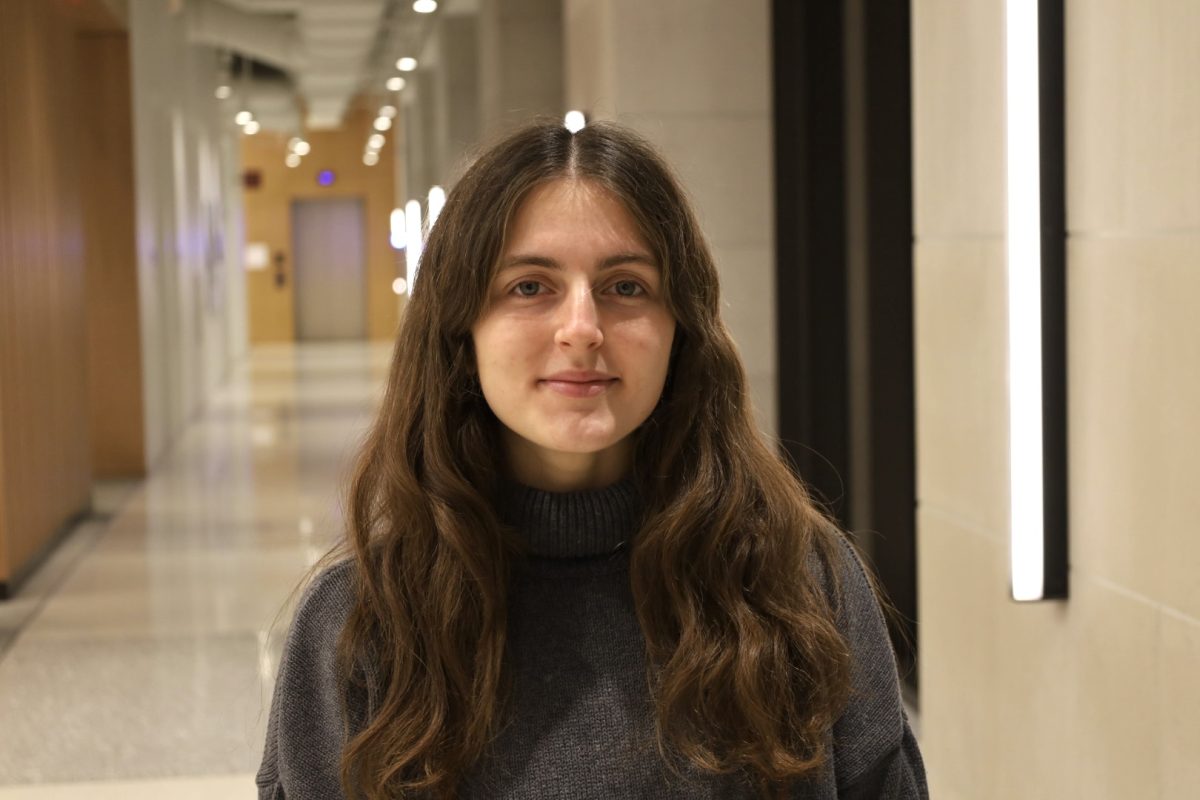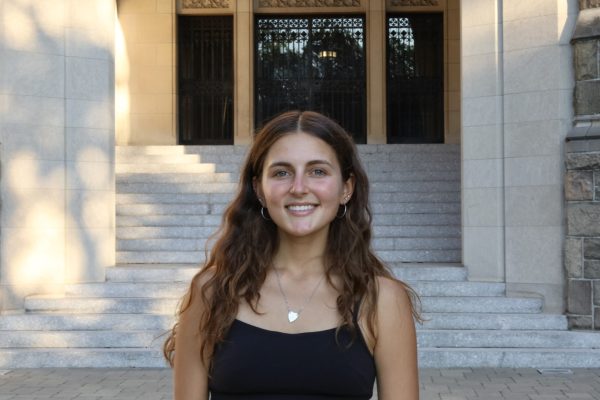Towards the end of my senior year of high school, the entire school was called into the gymnasium and herded onto the bleachers in the middle of the day. It was a Wednesday and there would often be announcements and some sort of speaker, usually about events related to the school, and then we would all be dismissed back to homeroom or class. However, on this day, one of the teachers, Mr. Marshak, walked up to the podium and began a presentation on the dangers of social media.
You could almost physically feel the eye-roll the entire student body had at that moment. We had heard these types of warnings from parents, grandparents and anyone who did not grow up accustomed to having social media platforms as a part of their childhood and daily lives. Mr. Marshak was notorious for being blunt and heavily sarcastic. He taught AP Psychology and was thus well-versed in studies on the brain. Instead of the usual lecture kids are subjected to, Marshak dove into social media and current technology’s toxic effects on brain functions and development.
I still think weekly about that impactful presentation. About how social media’s “heart” or “like” functions on posts condition our brains to have a burst of dopamine whenever someone notices or comments on our posts. And how the lack of attention on social platforms can lead to depression and anxiety when someone does not get enough likes on their posts. Or how extensive phone and technology usage can actually affect and shrink your gray matter, making people addicted to their phones. Sleep issues, social isolation and attention issues have been linked to social media platform usage.
Hearing those facts made my heart drop. My dad always chided me for using TikTok. He said the app was terrible for teenagers and constantly urged me to delete it. I brushed it off as something all parents did. Now, I regret not listening to him.
After that presentation, I stopped using TikTok. It started slowly, with me being intensely guilty every time I used the app. Then I stopped using it altogether. The only times I’ve used the TikTok app since high school is the one time every few months someone sends me one and tells me to watch it. I usually don’t understand the joke behind the video because I am so out of touch with the platform.
Sometimes I feel left out because I don’t use the app anymore. My friends constantly ask me, “Have you seen this TikTok?” only for them to remember who they are speaking to and make fun of my lack of awareness. Even my own eight-year-old brother seems to be more chronically online than I am.
In no way am I detached from the Internet. I still use Instagram regularly and enjoy posting pictures to share with my friends. I run a food review Instagram page I love deeply and would be crushed to part with. But I often find myself mindlessly opening the app on my phone. The preconditioning startles me, and I am sitting back in the gym at my high school with Marshak explaining the addictive tendencies of apps like TikTok and Instagram.
Regardless of technology’s mind-altering cons, we can all agree that it negatively impacts all users. You are constantly tuned into the lives of other people. It is nearly impossible not to compare your life, activities, appearance and overall state of being to how people portray themselves online. To this day, I get anxious when people post themselves doing more interesting things than I do daily. I feel like my life should be more “post-worthy” like theirs. It’s hard to remember that you only see the tidbits of a person’s life online that they want you to see. A person’s Instagram page is not pulling back the curtain on their life; it’s simply the highlight reel.
With that said, I won’t stop using Instagram or Snapchat anytime soon. I know deep down it would be beneficial for me. I would worry less about what other people are doing and invest in spending more time just being present with people. But the anxiety and fear of missing out stops me from deleting social media whenever I think about finally getting rid of the apps. And that’s why it scares me so much.
Claire Krieger, FCRH ’26, is a journalism major from Minneapolis, Minn.






































































































































































































